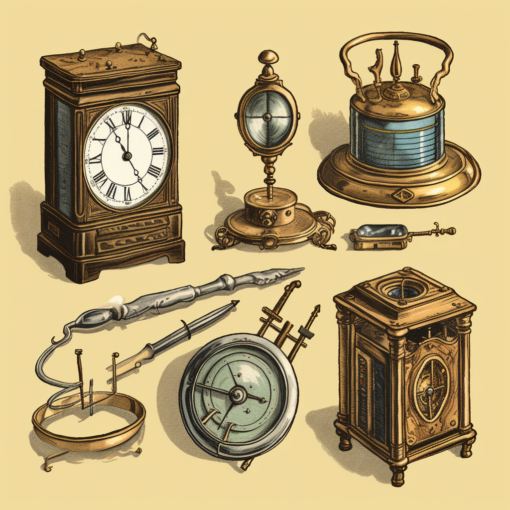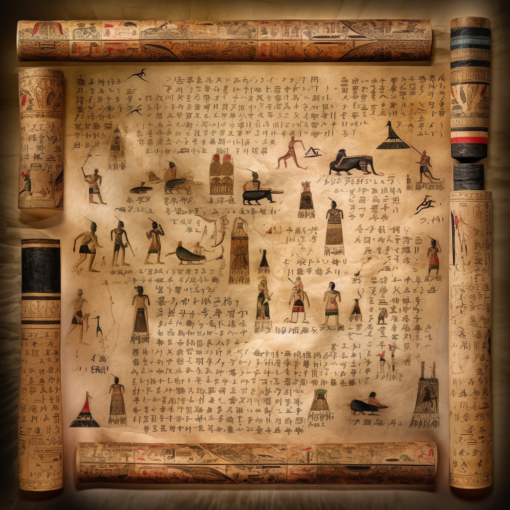Greetings, dear readers. Today, we take a journey through the 64 squares that make up the world of the game of kings – chess. The elegance of these checkered grids, the battle lines drawn between the ebony and ivory armies, holds an allure that transcends cultures, generations, and continents.
Chess, my friends, is a game of strategy, a test of mental mettle that pits two minds against each other in a battle of wits and wills. It’s like a dance of thought, where each move is carefully choreographed, a step in an intricate ballet of tactical warfare.
The origins of chess are shrouded in the mists of history, believed to have been born over a thousand years ago in the Indian subcontinent. From there, it spread via the Silk Road to the Islamic world, eventually reaching the shores of Europe. Each culture it touched left its mark, shaping the game into the form we recognize today.
The beauty of chess lies not just in its complex rules and limitless strategies, but also in its universal accessibility. It requires no special equipment, no physical prowess, just a board, pieces, and a willing opponent. Its simplicity belies its depth, for beneath the surface lies a world of infinite possibilities. The game is said to have more potential moves than there are atoms in the observable universe. Imagine that!
Moreover, chess is a great leveler. On the checkered battlefield, kings and pawns share the same square footage. The mightiest queen can be cornered by a lowly pawn, and a well-planned strategy can topple the most formidable opponent. It’s a world where wit wins over might, and foresight trumps brute force.
But perhaps the most fascinating aspect of chess is its uncanny ability to mirror real life. It teaches us about patience, planning, and the importance of understanding our opponent. It reminds us that every action has a consequence, and that sometimes, the best offense is a good defense.
As we move our knights, bishops, and rooks across the board, we are not merely playing a game. We are participating in a timeless ritual, a cerebral ballet that has been performed by millions of minds over centuries. We are, in our own way, touching a piece of history, a tradition that links us to the past and guides us into the future.
So, the next time you find yourself before a chessboard, remember, you’re not just moving pieces on a grid. You’re stepping into a world of strategy, history, and remarkable intellectual elegance. Here’s to the game of kings, and the king of games!

- Chess.com: This is a comprehensive site that caters to chess lovers of all levels. It has tutorials, articles, and allows users to play chess online against opponents around the world.
- World Chess Federation (FIDE): The official site of the international chess federation. It provides information about the rules of the game, the history of chess, and major chess tournaments worldwide.
- The Chess World: This site features a plethora of articles and lessons on chess strategy, notable games, and profiles of famous chess players.
- The British Chess Magazine: One of the oldest chess magazines, it provides in-depth articles and reviews about chess.
- ChessBase: ChessBase provides news, articles, and a database of millions of chess games that users can search and study.
- History of Chess: This site focuses on the historical aspect of chess, providing information about its origin, its journey across different cultures, and the evolution of the game.
- Chess History: An online chess museum providing a wealth of historical chess information and artifacts.
Please note, while these websites offer valuable information, Percival encourages his readers to approach all sources with a critical and inquisitive mind.





12 thoughts on “The Enigmatic Elegance of the Chessboard: A Tour of a Timeless Game”
I don’t think the title of your article matches the content lol. Just kidding, mainly because I had some doubts after reading the article. https://www.binance.com/ro/register?ref=V3MG69RO
Hello guys!
I came across a 117 awesome tool that I think you should take a look at.
This platform is packed with a lot of useful information that you might find valuable.
It has everything you could possibly need, so be sure to give it a visit!
https://techunwrapped.com/6-things-you-can-do-to-be-safer-online/
Hello guys!
I came across a 117 useful site that I think you should visit.
This tool is packed with a lot of useful information that you might find insightful.
It has everything you could possibly need, so be sure to give it a visit!
https://cryptoranty.com/cryptocurrencies-in-online-sports-betting-a-game-changer/
Thank you for your sharing. I am worried that I lack creative ideas. It is your article that makes me full of hope. Thank you. But, I have a question, can you help me?
I don’t think the title of your article matches the content lol. Just kidding, mainly because I had some doubts after reading the article. https://www.binance.info/register?ref=P9L9FQKY
Thanks for sharing. I read many of your blog posts, cool, your blog is very good.
Your point of view caught my eye and was very interesting. Thanks. I have a question for you.
Hello lads!
I came across a 151 great platform that I think you should visit.
This site is packed with a lot of useful information that you might find insightful.
It has everything you could possibly need, so be sure to give it a visit!
https://bizminton.com/best-smartphones-for-the-best-photographies/
And remember not to overlook, everyone, which a person constantly can within the piece discover responses for the most most tangled inquiries. Our team tried to lay out the complete information via an extremely easy-to-grasp way.
Looking for something new? I’ve signed up with fb88free recently. Check out their special offers or bonuses to see if it suits you: fb88free.
Tried out Au88amsl recently. They’ve got a fair bit of variety, and the experience felt smooth and the UI is navigable, so that’s a plus: au88amsl
B9CasinoLogin is an option to consider. I have some experience with them. No major headaches to report, and their game variety is pretty solid. Check them out, what do you have to lose?: b9casinologin
I’m impressed, I need to say. Really hardly ever do I encounter a weblog that’s each educative and entertaining, and let me inform you, you have got hit the nail on the head. Your concept is outstanding; the problem is one thing that not enough individuals are speaking intelligently about. I am very glad that I stumbled across this in my seek for something referring to this.